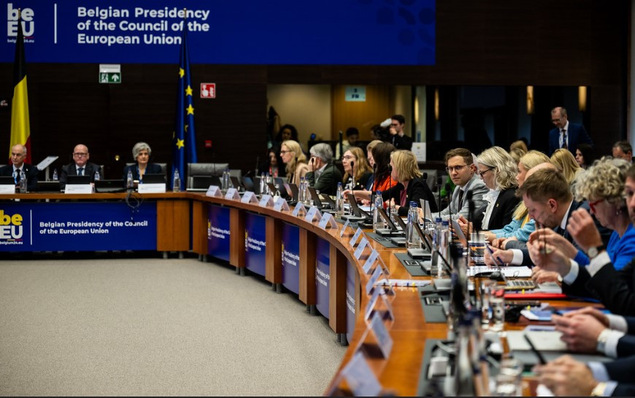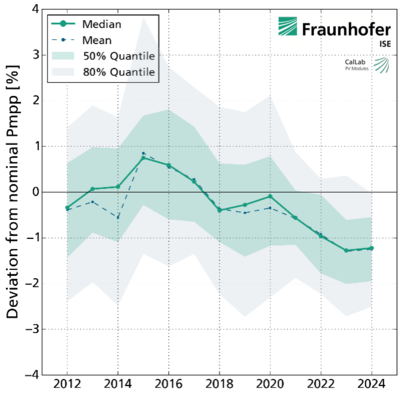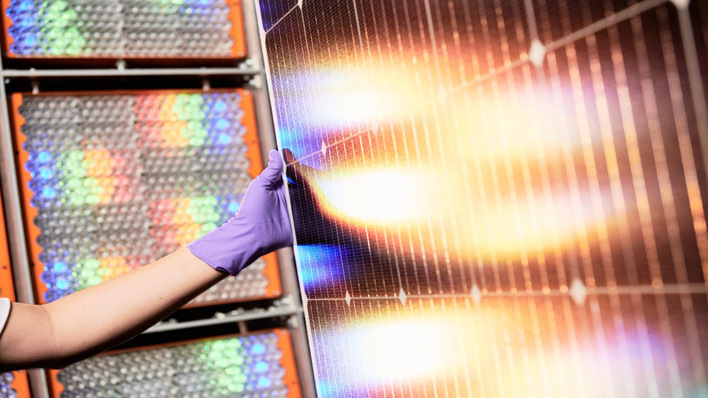The Polish company ML System has developed a solar glass in which the incident sunlight is converted into electricity by nanocrystalline semiconductor dots - so-called quantum dots. This enables the company to implement the values of thermal insulation, light transmission and reflection desired by the customer via the quantity of quantum dots used, while at the same time offering an energetically activated façade element. At the same time, the glass protects the users of the rooms equipped with the solution from harmful UV and infrared radiation. This is because these parts of the light spectrum are used by the quantum dots to produce electricity.
Reducing heat penetration into rooms
According to ML System, the solar glasses can also reduce the amount of heat entering the rooms by up to 80 percent, which reduces the need for cooling systems, particularly in hot summer months. This is because it means that the temperature in the rooms drops by around two degrees Celsius during this period.
See also:
US scientist develops switchable solar glass
In principle, the quantum dots function like normal crystalline solar cells. But at the same time, their nanostructure gives them properties that thin-film technologies have to offer. This is because the small semiconductor dots are, among other things, less dependent on the angle of incidence of the sun's rays than flat crystalline solar cells. For this reason, the developers see the use of this solution primarily in solar facades.
Start of production next year
The developers hope that their solution will also lower the prices for such solar windows. The company is currently in the process of bringing mass production to the market. According to its own statements, the production hall is already in place and ML System plans to have the machines set up by the end of this year. Then next year the first active solar glasses with quantum dots should be running off the assembly lines. At the same time, the company wants to implement pilot projects to make the solution more tangible for architects. This year, the development was selected and awarded as one of the products of the future by the Polish Agency for Enterprise Development. (su/mfo)







